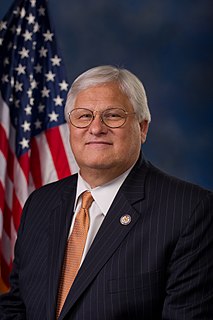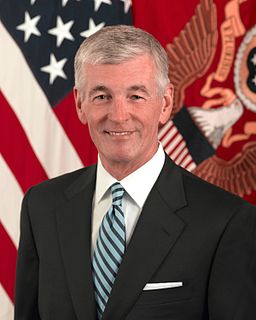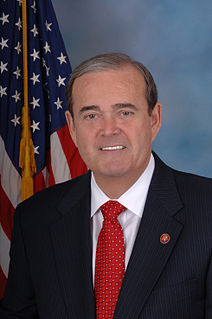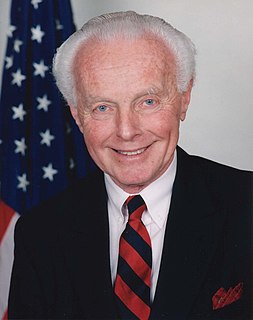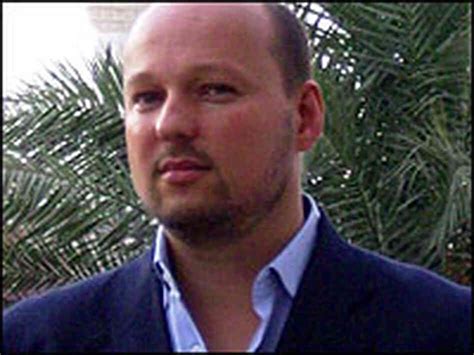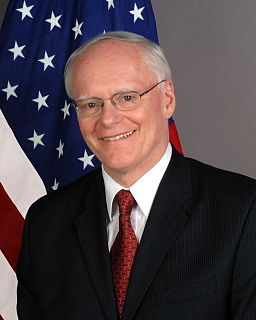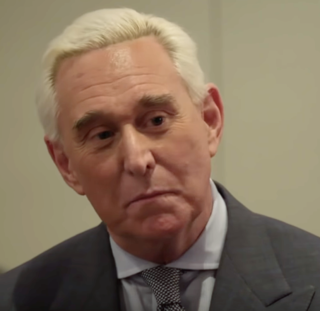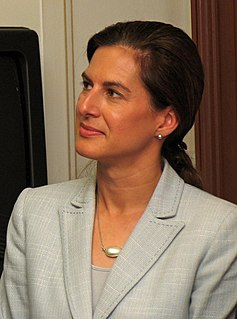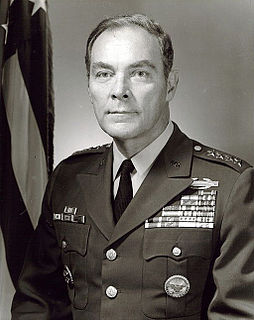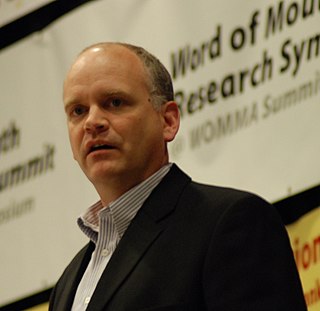Top 1200 Troops In Afghanistan Quotes & Sayings
Explore popular Troops In Afghanistan quotes.
Last updated on October 23, 2024.
There used to be the Soviet Union and the Warsaw Pact. There used to be Soviet troops in the GDR. And we must honestly admit that they were occupation troops, which remained in Germany after WWII under the guise of allied troops. Now these occupation troops are gone, the Soviet Union has collapsed, and the Warsaw Pact is no more. There is no Soviet threat, but NATO and U.S. troops are still in Europe. What for?
The Islamists had control over territory that was about half the size of the Federal Republic of Germany. For years, we have been putting the lives of our troops on the line, we have taken huge losses and the Europeans cut the budget? If money is more important than the lives of our children, what else is this than the usual arrogance and superficiality? And where is all this terror coming from? It is a result of mistakes the West committed in Pakistan and Afghanistan in the 1980s, when they armed the Islamic rebels against the Soviet troops.
We know definitively that Al-Qaida isn't all over Afghanistan anymore. According to CIA estimates, there are less than a hundred Al-Qaida members in the entire country. Most of them are in Pakistan. So, it's hard for me to understand why we're still fighting there and sending in more and more troops. I would get out of Afghanistan as quickly as possible.
What NATO troops are doing in Afghanistan is to train, assist and advise Afghans, but they are actually doing the fighting. They are actually taking the responsibility for the security in their own country. And that is a great achievement, compared to what we saw just a few years ago, when NATO troops had to conduct the combat operations fighting the Taliban.
We do not want to keep our troops in Afghanistan. We see no military - we seek no military bases there. It is agonizing for America to lose our young men and women. It is costly and politically difficult to continue this conflict. We would gladly bring every single one of our troops home if we could be confident that there were not violent extremists in Afghanistan and now Pakistan determined to kill as many Americans as they possibly can.
Johnny Apple, a New York Times correspondent, wrote a front-page story saying Afghanistan could be a quagmire and he was mocked and derided. What is certainly true is that all sorts of resources that would have been used in Afghanistan were diverted to Iraq. Would those resources have helped? Almost undoubtedly. Whether or not Afghanistan would be a peaceful nation-state had we not gone into Iraq I doubt. Afghanistan is going to be Afghanistan, no matter how hard we try to make it something else.
The biggest mistake Barack Obama could have made is to change quite a few things in his Afghanistan policy. He increased the number of troops and at the same time set the US withdrawal date to 2014. Now the United States has to ensure that Afghanistan does not immediately collapse after being left to itself in 2014.
Every single war that you see go down is illegal. They're breaking the Geneva Convention, and they're breakin' all kinds of sh*t they ain't supposed to be. All these soldiers that's dyin', every talkin' about, "Support our troops, support our troops," yeah we support our troops, but what are they fightin' for? Let's support 'em for the right reason. Let's tell our troops the truth, and maybe they wouldn't be out there fightin' these wars, because there are a lot of these troops that don't even wanna be out there if you talk to them.
Afghanistan would have been difficult enough without Iraq. Iraq made it impossible. The argument that had we just focused on Afghanistan we'd now be okay is persuasive, but it omits the fact that we weren't supposed to get involved in nation-building in Afghanistan.In my new book, I open with a quote from Donald Rumsfeld. In October 2001, he said of Afghanistan: "It's not a quagmire." Ten years later there are 150,000 Western troops there.


